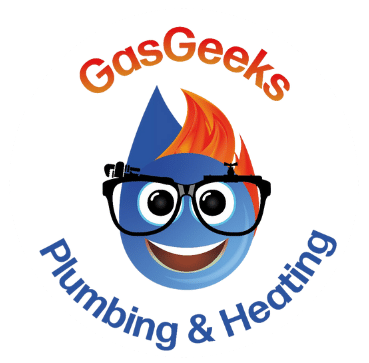FAQ
Most frequent questions and answers.
A central heating system has pipework and radiators which are connected to a boiler. The boiler provides the heat and the pump moves heated water from the boiler through the pipework to the radiators, and back to the boiler for reheating.
The most common types of heating equipment are boilers, furnaces, space heaters and heat pumps. Like in any engineering decision, each option has advantages and limitations.
Conventional Central Heating – Sometimes referred to as gravity fed systems.
Combination Boiler Systems – Systems wherein the boiler heats both gas and water at the source.
Pressure System Central Heating – This system uses mains pressure to move water around your home.
The most common system in the UK is mains gas central heating although not all homes are connected to the national gas grid. Gas has been, up until now, considered the cheapest option if your house is connected as it is generally considered a lot cheaper to heat water using gas than electricity.
These are underfloor heating, infrared heating, convection heaters, radiant ceiling panels, air source heat pumps and hydronic systems. Underfloor heating is a type of radiant heating that produces warmth by circulating warm water through pipes on the floor. It is an efficient and comfortable way to heat your home.
The hot water doesn’t remain in the radiator, instead the hot water flows through the radiator and out again to the next radiator in the chain. As the hot water flows through the system it starts to cool down. When it flows back to the boiler the water is in a cooler state, and the boiler then reheats the water.
Condensing gas boilers are the most cost-efficient. Gas is the cheapest fuel compared to electricity, oil, coal, and LPG. You can also switch to a low-carbon heating heat pump that reduces the cost depending on the fuel type and system you are replacing.
For an average household, boilers will last up to 10-15 years. Though it’s important to understand this timespan is conditional.
You should consider how much hot water you and your family use, the size of your property, the fuel that is available to you, your existing system and the types of boiler you can have installed. You may also want to consider other factors such as energy efficiency and options for renewable energy use.
A new A+ grade condensing boiler could save you 20-30% on your energy bills and help to reduce the impact of future price hikes. However, there are a few factors that impact the possible saving in addition to the efficiency of your boiler.
Installing and/or repairing gas appliances. Diagnostic and repair of heating systems. Providing quotes for customers, discussing parts and cover options. Carrying out tests and checks, making sure gas appliances are safe for the public.
A plumber can work on your heating system (radiators, pipework etc), but cannot work on the boiler or the gas pipe. The main difference between a plumber and a heating engineer is that a plumber does not carry any gas safe qualifications
A boiler repair or service involves working with gas, so only a Gas Safe registered engineer can legally work on a gas boiler.

